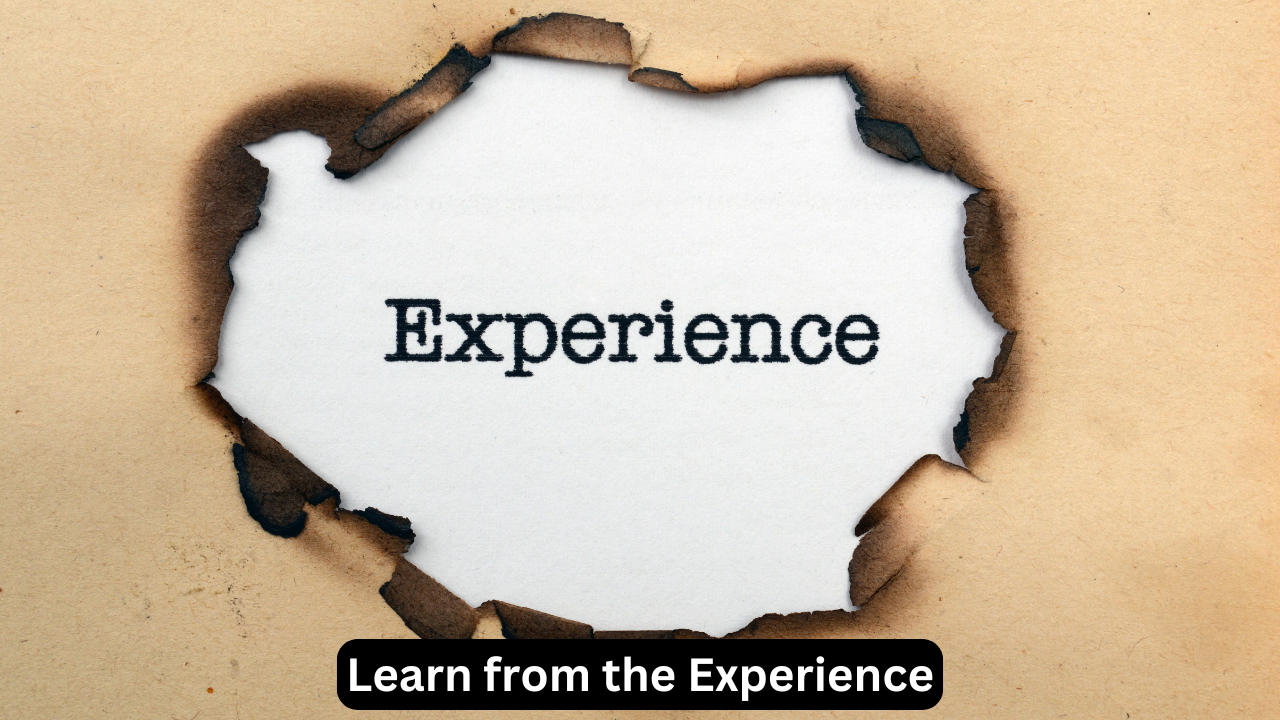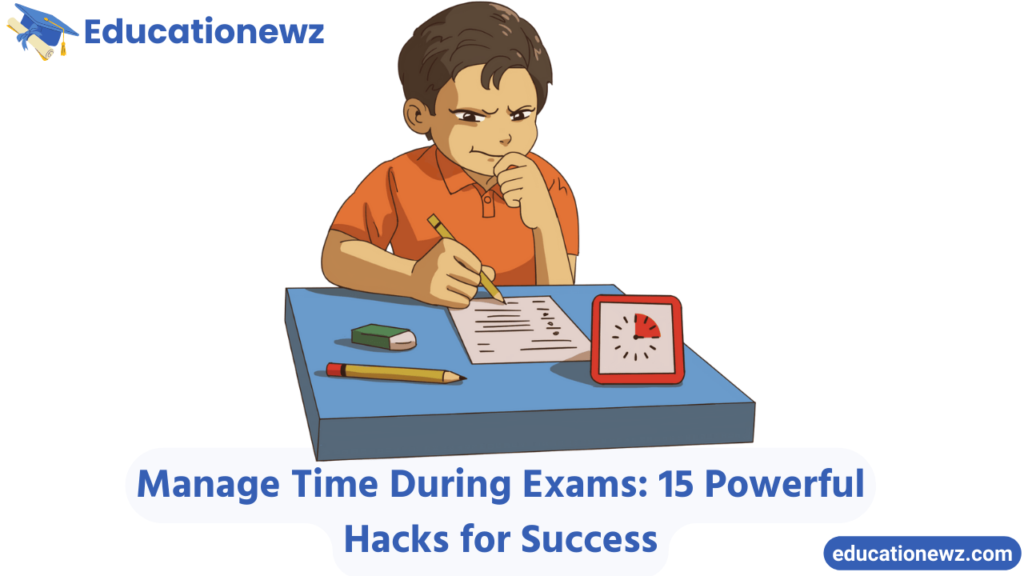To pass a test without studying, focus on logical guessing, memory techniques, and staying calm while using strategies like eliminating wrong answers and tackling easy questions first.
Passing a test without studying may seem challenging, but with the right strategies, you can increase your chances of success. This article provides practical tips, insights, and expert advice, highlighting methods you can use when preparation time is limited. Whether you’re facing a multiple-choice quiz, essay test, or oral exam, these steps will help you make the most of your situation.
Is It Really Possible to Pass a Test Without Studying?
While it may seem tempting to believe that passing a test without studying is achievable, the truth is that relying solely on luck isn’t a reliable strategy. Some students may manage to guess their way through a test, but true success comes from preparation and understanding the material. That said, there are certain techniques—like focusing on key concepts, practicing test-taking strategies, and leveraging prior knowledge—that can boost your chances in an exam. However, consistent study and effort are always the best path to not just passing, but excelling!
The Art of Passing Without Studying
Life can be unpredictable, and sometimes you find yourself facing a test with little or no time to prepare. While consistent study habits are crucial for long-term success, it’s possible to pass a test without studying by using smart strategies, leveraging existing knowledge, and staying composed under pressure.
1. Leverage What You Already Know

Even without formal study, your mind holds a wealth of information from prior classes, discussions, or experiences. Tap into your memory by:
- Reflecting on key concepts discussed in class.
- Identifying recurring themes in the subject matter.
- Relating the material to everyday scenarios for better recall.
For instance, if you’re taking a history test, think about significant events you’ve heard about and try to connect them logically. This approach ensures you make educated guesses when unsure.
2. Develop Smart Test-Taking Techniques
Efficient test-taking can significantly enhance your chances of success. Here are proven methods:
- Elimination Strategy: For multiple-choice questions, eliminate obviously wrong answers to narrow down your choices.
- Focus on Easy Questions First: Quickly answering familiar questions builds confidence and saves time.
- Revisit Difficult Questions Later: If stuck, move on and return to challenging items after covering the entire test.
This systematic approach keeps you calm and maximizes accuracy.
3. Stay Calm and Composed
Test anxiety can impair your performance, even if you know the answers. Techniques to remain calm include:
- Practicing deep breathing exercises.
- Visualizing a positive outcome before starting.
- Avoiding last-minute cramming, which increases stress.
Maintaining a relaxed mindset improves clarity and helps you make better decisions during the test.
4. Make Logical Guesses
When uncertain, logical reasoning can guide you toward the correct answer. Analyze each question to identify:
- Contextual clues in the text.
- Patterns or repeated keywords.
- The likelihood of certain answers based on the question format.
For example, in math tests, estimating a rough range for the answer can sometimes reveal the correct choice.
5. Utilize Memory Aids

Memory techniques are invaluable when recalling information. Examples include:
- Chunking: Break down information into smaller, manageable groups.
- Mnemonics: Use acronyms or phrases to remember lists (e.g., “PEMDAS” for math operations).
- Visualization: Associate concepts with images or scenarios for better retention.
Even a quick review of these aids can provide critical support during the test.
6. Network with Peers
Collaborating with classmates before a test can expose you to critical insights. Here’s how:
- Join last-minute group discussions.
- Exchange notes or summaries of key topics.
- Seek clarification on difficult concepts.
Building connections fosters a supportive environment, boosting confidence and preparedness.
7. Take Care of Yourself Before the Test
Physical and mental health play crucial roles in performance. Prioritize:
- Nutrition: Eat a balanced meal before the test to maintain energy levels.
- Hydration: Drink water to stay focused.
- Sleep: Ensure adequate rest to enhance cognitive function.
Avoiding physical fatigue allows you to stay sharp during the exam.
8. Optimize Exam-Day Strategies
Maximize your performance on the test day by following these steps:
| Task | Action |
|---|---|
| Read Instructions | Carefully understand test guidelines before starting. |
| Manage Time | Allocate specific time to each section or question. |
| Pack Essentials | Ensure you have pens, pencils, and any required materials. |
| Review Your Answers | Double-check responses if time permits to catch mistakes. |
9. Use Available Resources
Modern technology offers resources to assist during exams. Consider these:
- Online Tools: Use flashcards or mock tests to practice if time allows.
- Past Papers: Review old test formats for familiarization.
- Cheat Sheets: Create concise summaries of critical points to skim through.
Ensure these resources are permissible and used ethically.
10. Learn from the Experience

Regardless of the outcome, every test offers valuable lessons. Reflect on:
- What went well and what didn’t.
- How you can better manage time and resources next time.
- The importance of maintaining consistent study habits for future tests.
Such evaluations help you improve and prepare effectively for upcoming challenges.
FAQs: Frequently Asked Questions About Passing Without Studying
- Is it possible to pass a test without studying? Yes, with strategic thinking, logical reasoning, and effective test-taking skills.
- What should I do if I have no time to study? Focus on reviewing key concepts, staying calm, and using memory aids like mnemonics or visualization.
- Can logical guesses work in exams? Absolutely. Use elimination techniques and contextual clues to make informed guesses.
- How can I avoid test anxiety? Practice deep breathing, visualize success, and approach the test with a positive mindset.
- What’s the best way to prepare on exam day? Eat a nutritious meal, stay hydrated, and ensure you have all necessary materials.
- Are cheat sheets helpful? If allowed, cheat sheets condense important information and serve as a quick reference.
- Should I attempt every question? Attempt all questions unless there’s a penalty for wrong answers.
- How can I ensure better results next time? Develop consistent study habits and time management skills for future tests.
Conclusion: Make the Most of Every Test
While passing a test without studying isn’t ideal, it’s possible with the right mindset and strategies. By leveraging prior knowledge, staying composed, and employing effective test-taking techniques, you can overcome challenges and achieve favorable outcomes. However, remember that long-term success depends on diligent study habits and consistent effort. Use this experience as a stepping stone toward better preparation and greater confidence in your abilities. Please follow our blog Educationewz.



